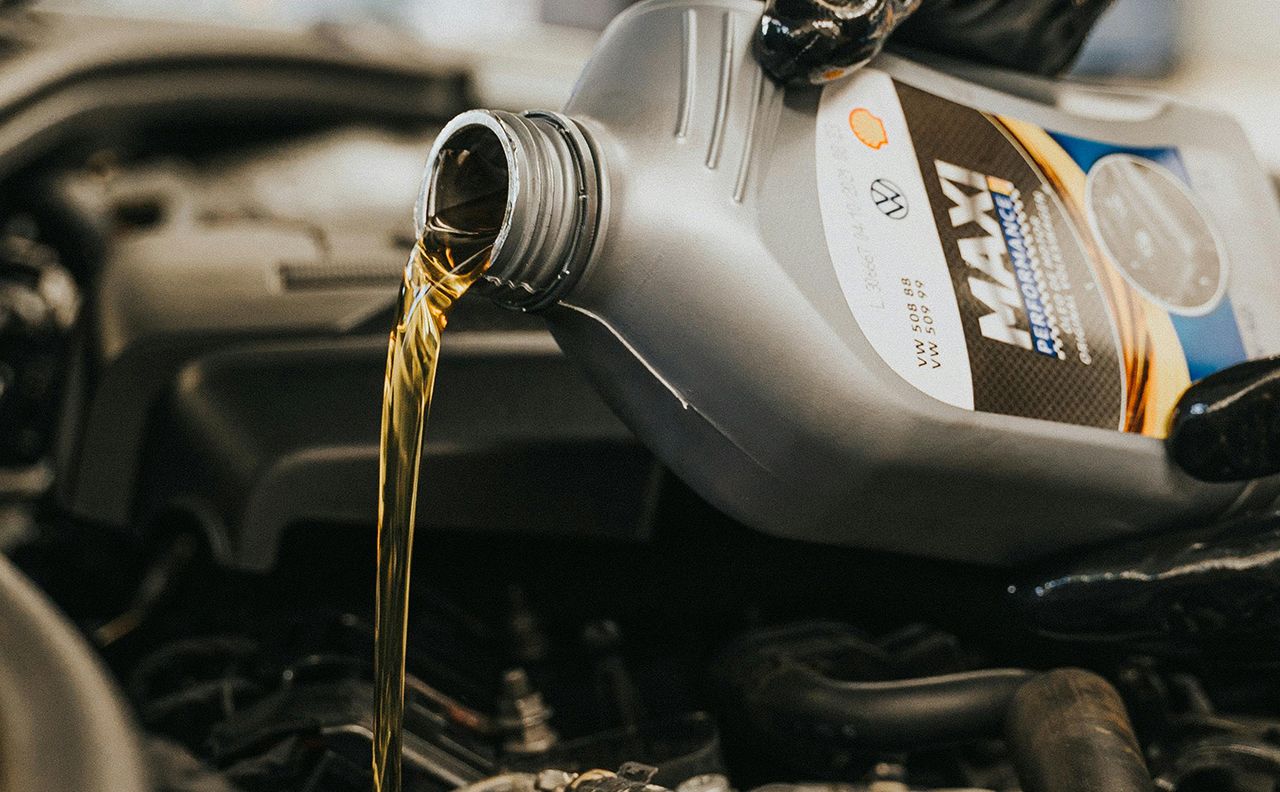Properly maintaining your UTV’s oil, coolant, brake fluid, and other essential fluids is critical for preventing costly damage and ensuring a smooth, safe ride. Whether you’re new to UTVs or looking to sharpen your maintenance skills, understanding these fluids lays the groundwork for long-term reliability, improved performance, and peace of mind.

Understanding Basic UTV Engine Fluids
Fluids are the lifeblood of your UTV. Neglecting them can result in engine damage, poor handling, or even dangerous brake failure. Because UTVs operate in rough terrains and varied conditions, proper fluid knowledge is especially vital. By regularly monitoring and replenishing these fluids, you’ll extend the life of your vehicle and enhance its performance.
To dive deeper into UTV engine fluids basics, it helps to examine some fundamental aspects:
- Oil Condition: Oil lubricates and cools the internal components of your UTV’s engine. Dirty or low-quality oil can cause friction, overheating, and premature wear. Keeping your oil fresh and at the recommended level improves performance and extends engine life.
- Coolant Efficiency: Coolant helps regulate engine temperature. Overheated engines can suffer severe damage, while insufficient cooling may lead to warped parts or blown gaskets. Ensuring the right coolant mix is essential to maintain an optimal engine temperature in any environment.
- Brake Fluid Quality: Brake fluid transfers the force from your brake pedal to the brake calipers. If it’s old or contaminated, braking efficiency suffers. Maintaining clean brake fluid is crucial for safe stops and consistent braking power.
Key Concepts and Essential Information for UTV Engine Fluids
A solid grasp of these concepts is the foundation of proper fluid maintenance. Whether you’re a first-time owner or have years of experience, staying informed can save you from bigger issues down the road. For additional UTV engine fluids resources, consider the following key elements:
- Choosing the Right Oil – Always use oil that meets your manufacturer’s specifications. Viscosity (e.g., 10W-40) and quality standards (e.g., API ratings) can make a big difference in engine performance and protection. High-quality oil prolongs engine health, especially under heavy loads or extreme temperatures.
- Maintaining Coolant Levels – Regularly check your coolant reservoir and radiator for proper fluid levels. Use the recommended coolant type—often a mix of antifreeze and distilled water. Low levels or the wrong mix can lead to overheating, so follow your UTV manual’s guidelines for best results.
- Inspecting Brake Fluid – Brake fluid is hygroscopic, meaning it absorbs moisture over time. This reduces its effectiveness and can corrode internal brake components. Regularly flushing your brake fluid—especially if you ride through wet or muddy conditions—ensures reliable braking when you need it most.
- Evaluating Transmission & Differential Fluids – Some UTVs have separate fluids for transmissions and differentials. Old or low-quality fluid can cause excessive wear or gear slippage. Routine checks and fluid replacements keep gears functioning smoothly and help avoid expensive repairs.
Getting Started with UTV Engine Fluids: A Beginner’s Guide
A methodical approach to fluid maintenance can save you money, prevent breakdowns, and boost performance. If you’re looking for more detailed advice, explore UTV engine fluids guides for beginners. Here’s a step-by-step process to get you going:
- Consult Your Owner’s Manual – Manufacturers provide specific guidelines on fluid types, replacement intervals, and procedures unique to your model. Always start here.
- Plan Routine Inspections – Schedule regular checks for oil, coolant, and brake fluid. Catching minor issues early—like low fluid levels or discolored fluids—prevents them from becoming big problems later.
- Gather the Right Tools & Supplies – Keep a basic toolkit, funnels, and the correct fluids on hand. This makes it easy to top off or replace fluids as needed without delay.
Developing Safe Practices and Essential Habits for UTV Engine Fluids
- Perform Pre-Ride Checks: Quickly assess fluid levels and top them off if necessary before each ride. This habit ensures you won’t be caught off-guard by a sudden leak or malfunction.
- Store Fluids Properly: Keep your oil, coolant, and brake fluid in a clean, temperature-controlled environment. Contaminated fluids can degrade faster, reducing their effectiveness.
- Track Your Maintenance Schedule: Use a simple log or digital app to note each fluid change. Staying organized helps prevent accidentally extending your intervals too long.
Seeking Further Knowledge and Professional Guidance on UTV Engine Fluids
If you notice persistent leaks, unusual noises, or if you’re unsure about specific fluid requirements, seeking professional help is crucial. Experienced technicians at Side by Side Fury specialize in UTV repair, maintenance, and custom builds—offering expert insights to keep your vehicle running at peak performance. Visit for UTV engine fluids professional guidance.
Disclaimer: This information is for general guidance. Always consult your UTV’s manual and qualified professionals for advice specific to your model and riding conditions.
Key Takeaways for New UTV Owners
Understanding and managing oil, coolant, brake fluid, and other critical fluids is essential for a safe and efficient ride. By staying vigilant about fluid types, levels, and replacement intervals, you’ll protect your investment, enhance performance, and ensure that every outing is both thrilling and worry-free. Make fluid checks a regular part of your routine, and don’t hesitate to seek professional assistance when needed.
